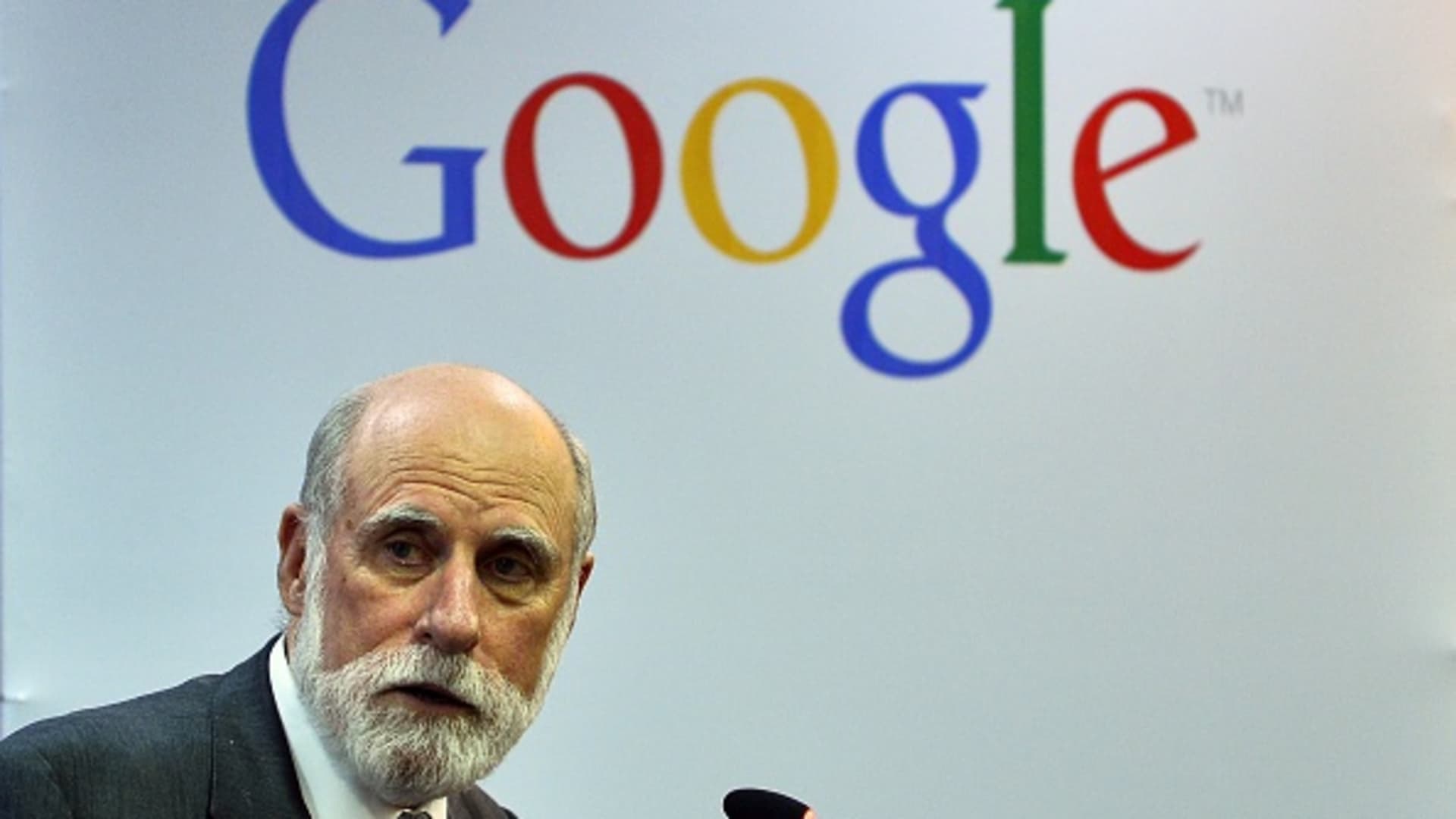Don’t rush investments into chat A.I.

Chandan Khanna | AFP | Getty Images
Google chief evangelist and “father of the internet” Vint Cerf has a concept for executives on the lookout to rush company specials on chat synthetic intelligence: “Really don’t.”
Cerf pleaded with attendees at a Mountain Perspective, California, meeting on Monday not to scramble to invest in conversational AI just since “it is a warm subject matter.” The warning will come amid a burst in recognition for ChatGPT.
“There’s an moral concern right here that I hope some of you will consider,” Cerf advised the convention crowd Monday. “Everybody’s talking about ChatGPT or Google’s version of that and we know it doesn’t often perform the way we would like it to,” he mentioned, referring to Google’s Bard conversational AI that was announced last week.
His warning will come as significant tech businesses these as Google, Meta and Microsoft grapple with how to remain competitive in the conversational AI area while promptly strengthening a know-how that even now generally makes faults.
Alphabet chairman John Hennessy explained previously in the working day that the systems are nonetheless a methods away from currently being broadly practical and that they have numerous troubles with inaccuracy and “toxicity” that even now need to have to be fixed just before even tests the products on the general public.

Cerf has served as vice president and “chief internet evangelist” for Google due to the fact 2005. He’s recognised as one particular of the “fathers of the internet” simply because he co-created some of the architecture employed to make the foundation of the internet.
Cerf warned towards the temptation to make investments just mainly because the technological know-how is “really cool, even however it does not operate very ideal all the time.”
“If you feel, ‘Man, I can market this to traders for the reason that it’s a warm subject matter and anyone will throw funds at me,’ really do not do that,” Cerf said, which gained some laughs from the crowd. “Be considerate. You ended up right that we just cannot normally predict what’s going to happen with these technologies and, to be honest with you, most of the problem is people today — which is why we folks have not adjusted in the final 400 decades, enable by yourself the final 4,000.
“They will seek to do that which is their benefit and not yours,” Cerf ongoing, appearing to refer to standard human greed. “So we have to try to remember that and be thoughtful about how we use these technologies.”
Cerf claimed he tried using to ask a single of the techniques to connect an emoji at the conclude of each and every sentence. It did not do that, and when he instructed the system he found, it apologized but did not modify its behavior. “We are a extensive techniques away from recognition or self-consciousness,” he claimed of the chatbots.
There is a gap between what the know-how says it will do and what it does, he mentioned. “That’s the issue. … You cannot notify the distinction amongst an eloquently expressed” response and an accurate a person.
Cerf offered an illustration of when he questioned a chatbot to offer a biography about himself. He mentioned the bot offered its reply as factual even even though it contained inaccuracies.
“On the engineering side, I think engineers like me ought to be accountable for hoping to locate a way to tame some of these systems so that they are a lot less most likely to trigger harm,” he reported. “And, of class, relying on the application, a not-really-very good-fiction tale is one issue. Offering information to any individual … can have health care effects. Figuring out how to minimize the worst-scenario likely is pretty vital.”








